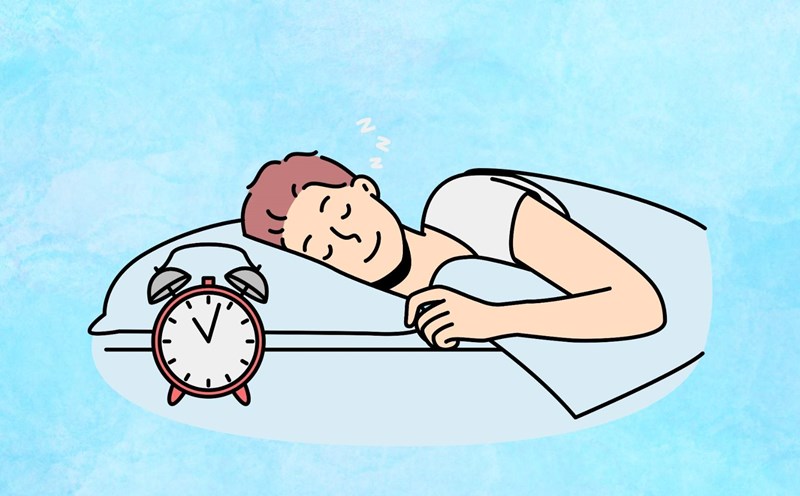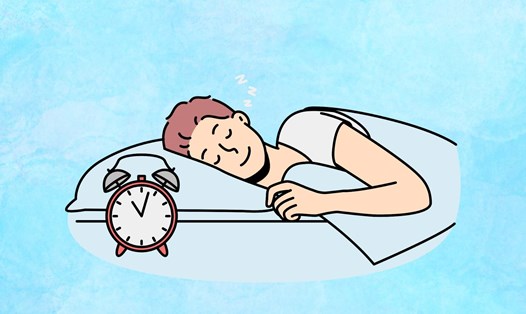Drinking too much can cause insomnia and digestive disorders
Coffee is a familiar drink that helps keep alert and focused, but not everyone is suitable. According to Dr. Chika Anekwe, Nutritionist at Massachusetts General Hospital (USA), the caffeine in coffee can stay in the body for more than six hours after being taken. Drinking coffee after 3pm can make you have difficulty falling asleep, even experience prolonged insomnia, she warned.
Not only does it affect sleep, coffee can also make people with gastritis, irritable bowel syndrome or acid reflux feel more uncomfortable. The stimulants in coffee promote the production of stomach acid, increasing the risk of stomach pain, heartburn or digestive disorders.
Cardiovascular risks, blood pressure and other health risks
According to the US Food and Drug Administration (FDA), adults should consume no more than 400mg of caffeine per day, equivalent to about four cups of coffee. For pregnant women, the limit should only be 200mg.
Some studies show that French non-filtered cup coffee can increase LDL cholesterol, bad cholesterol, thereby increasing the risk of heart disease and stroke. In addition, consuming too much caffeine can lead to anxiety, shaking, or increase the risk of fractures in women.
Not only caffeine, but the way it is mixed also has a big impact. Black coffee is almost calorie-free, but when added with sugar, fat or cream, the calorie count can increase many times, making this drink a "energy bomb" that causes weight gain and diabetes.
Drink smartly to keep the benefits of coffee
Coffee is still beneficial in moderation, helping to reduce the risk of type 2 diabetes, depression and Parkinson's disease. However, Dr. Anekwe recommends: drink coffee before noon, no more than 3 - 4 cups per day, and prioritize filtered coffee over coffee brewing.
A cup of coffee properly can help you start the day alertly, but overusing it can make the body more tired than ever.
(The information in the article is for reference only, not a replacement for medical diagnosis or treatment. You should talk directly to your doctor for accurate advice that is suitable for your health condition.)











